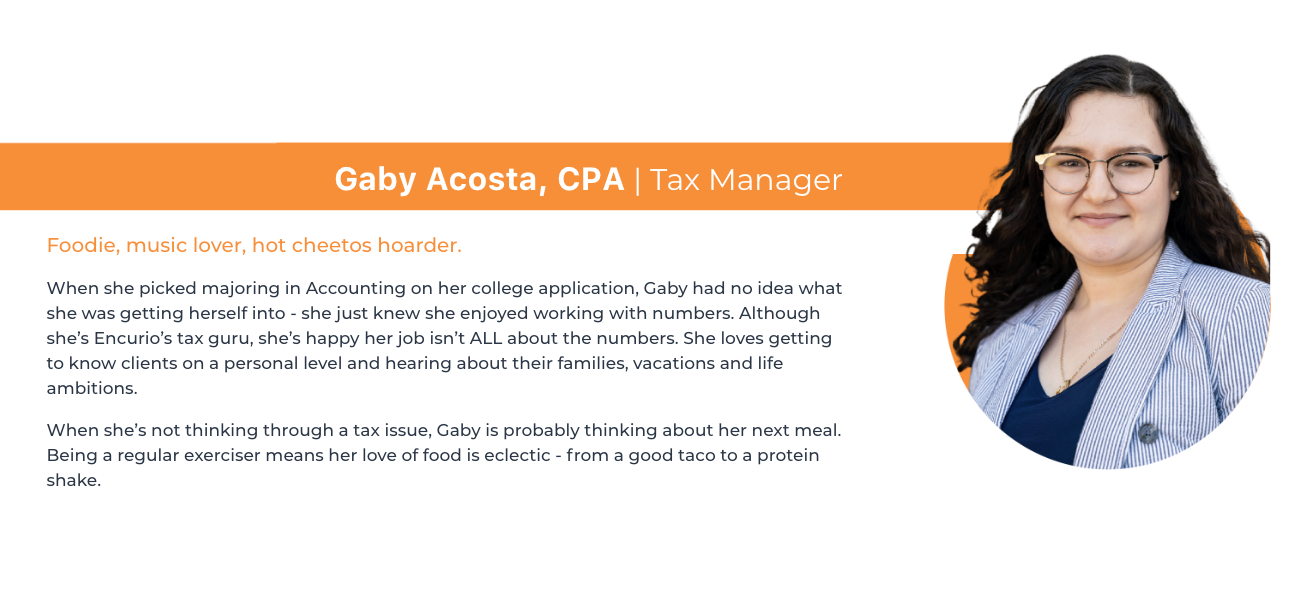What is a 1099? As a business owner, you should understand the basics of 1099s: who gets them, why it’s important for you to stay on top of them, and the possible pit falls.
What are 1099s?
1099s are informational forms used to report payments that a business makes throughout the year to anyone who ISN’T an employee. This includes contractors, outside vendors, landlords, and more. The business is responsible for providing a 1099 to any non-employee who they have paid throughout the year. The rule of thumb is that anyone you pay more than $600 should receive a 1099. However, if you paid an S-Corp or C-Corp, you do not have to provide a 1099.
Types of 1099
There are two main types of 1099 you may need to provide as a small business owner.
- 1099-NEC is the non-employee compensation form that made a comeback in 2020. Previously, this would have been reported under a 1099-MISC. This is used for any payments to non-employees, such as independent contractors.
- 1099-MISC is the miscellaneous payments form. This form is for any non-employee service you paid for throughout the year, including things like rent, attorney fees, and more.
There are many other types of 1099 (1099-INT, 1099-DIV, etc) but the two listed above are the most commonly needed for small businesses.
Why are 1099s important?
Beyond the fact that they are required, they are also important for your personal protection. In order for a business purchase like those included above to be considered a business expense by the IRS, you must issue a 1099. Without a 1099, the IRS can disallow that expense because it didn’t comply with the 1099 filing rules. It doesn’t matter if you have proof of payment – without a 1099, that expense doesn’t count. There are also additional penalties for falling outside of 1099 compliance.
At Encurio, we say always give a 1099 for purchases made like those above. Even if you’re uncertain if the payment falls within 1099 rules, it’s better to give a 1099 than to be caught outside of compliance. Always air on the side of caution. It’s a conservative measure that doesn’t harm you or the person or business receiving the 1099.
Tips for the 1099 Deadline
The most stressful part of 1099s is sending them out on time. You’re required to deliver most 1099s by January 31. This is often complicated for businesses because by this point, some businesses may not have closed. Encurio has two recommendations to reduce stress during 1099 crunch time.
- Keep up-to-date with your accounting. This may seem like our solution for everything, but that’s because keeping up with your accounting is the number one way to reduce stress related to accounting! If you are keeping your accounting up-to-date through the year, closing out your year will be a much simpler task for your team. Then sending out 1099s is simple!
- Update vendor W-9s every year. If you use the same vendors or contractors each year, it may be tempting to use their W-9 from the previous year. DON’T! A lot can change in a year, including addresses or entity structure. It’s important to keep your W-9s up-to-date so that there’s no issue when it’s time to send out 1099s. If you use a new vendor or contractor, you should also make sure to get a W-9 immediately so you don’t have to scramble for missing W-9s during year-end.
Stay Prepared
1099s don’t have to be scary. Being prepared and keeping good records is key. If you’re not sure how to handle 1099s on your own, that’s okay! Talk to your accountant about what 1099 services they offer. 1099s are important and if you’re unsure about preparing them on your own, seeking help from a pro is worth the investment.
If you’re an Encurio client and you’re not sure how to handle your 1099s, reach out and we’ll help you plan for the deadline.






